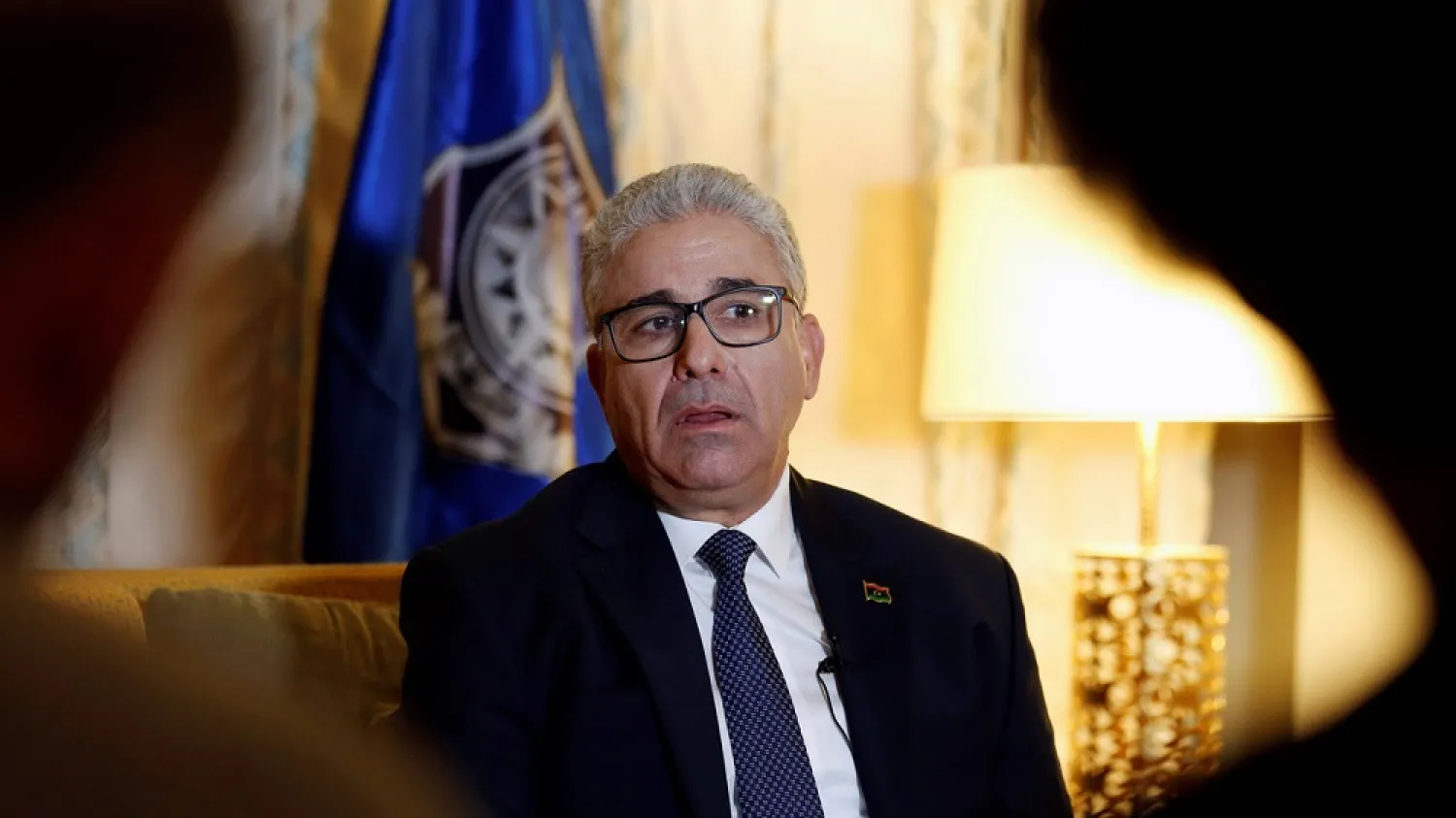Tensions have mounted between the interior and defense ministers in the Government of National Accord (GNA) in wake of the former’s announcement of the launch of an operation to rid western Libya of criminal gangs and militias.
Defense Minister Salah al-Namroush denied that he was informed of the operation “snake hunting” that was declared by Interior Minister Fathi Bashagha.
The Defense Ministry said that no such operation has been launched and no steps have been coordinated with relevant authorities in the military zones in the west, especially the capital, Tripoli.
It demanded that security agencies, meaning the Interior Ministry, coordinate in advance with it through its military and security apparatuses over security and safety affairs.
Hinting at the disorganized operation launched by Bashagha, the Defense Ministry stressed that its (the ministry) purpose is to protect the nation through uniting security and military institutions in fighting terrorism, extremism, human trafficking and organized crime.
It added that its operations are set by a detailed and accurate system that is based on preplanning ahead of any action.
Separately, the political wing of the Muslim Brotherhood, the Justice and Construction Party called for replacing the GNA and its Presidential Council.
In a statement on Sunday, it officially separated itself from the two bodies, criticizing figures who were “obstructing political work in favor of pursuing petty interests.”
It also spoke of the Presidential Council’s inability to establish a model of a state that can unite Libyans.
It also accused the GNA of “creating institutional vacuum that has only prolonged the crisis and paved the way for military aspirations that seek hegemony and autocracy.”
In contrast, the party defended its actions in service of the higher national interest and its concessions to that end.









